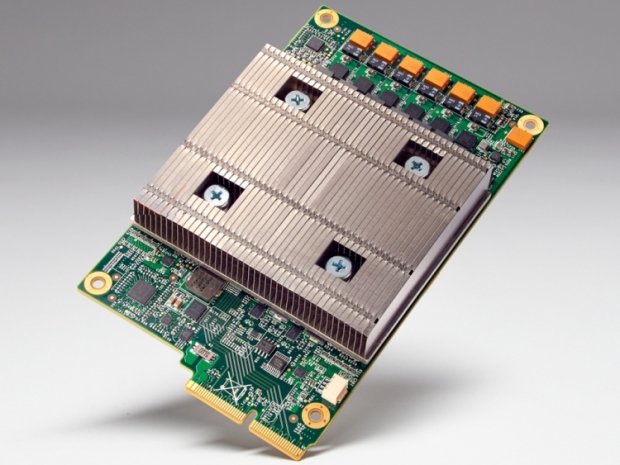In a post does it have bigger implications? PC Mag suggests that Tensor is a signpost, not a destination. It shows Google wants to shift toward more on-device processing for AI and ML. That could give a big boost to Google's two core businesses, advertising and data. But it could also create problems for the future of 5G.
The argument is that if you phone can handle its own ML and AI, it does not need the cloud. If a Tensor-enabled phone could potentially analyse your photos and share data locally with on-device advertising APIs, letting Google proclaim that its cloud services never access your raw data.
Now the 5G argument is that consumers will want to use off phone processing and need shedloads of bandwidth to make it pay off. That could reduce carriers' willingness to keep investing in their consumer 5G networks.
However, even PC Mag admits the argument is weak and it is writing to fill space while his colleagues are at the beach while he has to work.
The reason it does not work is the same argument as to why dumb terminals are theoretically better than PCs. While people want to have their data close at hand in practice, they would rather do stuff. However good a chip on a mobile gets, it is never going to match the power possible from processors on a cloud.
It also assumes wrongly that 5G is all about consumer apps and not a wide scale wireless smart environment. It is that which the carriers are investing in rather than annoying consumer mobile apps.




